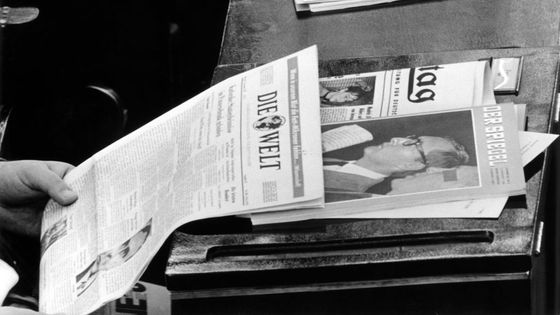
The irruption of social networks in our daily lives has had the effect of shaking the border separating the private sphere and the public sphere, a separation that the philosopher Aristotle had already justified by distinguishing between public relations – a matter of civic action ( i.e. politics) – and private relationships, associated with domestic life.
While at the time of the absolute monarchy, this sharing between the public and the private had lost its meaning, the French Revolution restored it. In a large country like ours, the participation of citizens in national political life could no longer be done in the mode of direct democracy, as in the time of the ancient Greeks. The distance separating individuals spread over a vast territory imposed a form of democracy indirect made possible thanks to newspapers which, alone, allowed citizens to be informed of the decisions taken by their representatives, to approve or challenge them. This is why journalists, who were then called “publicists”, have become major players in the division between the public sphere and the private sphere.
New relationship between public and private
At first, the rulers above all wanted to protect the representatives of the State from the incursions of the press, in the name of a broad conception of state secrecy. But over the following decades, under the influence of liberal thinkers, the idea gradually took hold that newspapers played a positive role when they made public the actions of those in power because citizens have the right to know everything about those whom they they elected. On the other hand, advertising on behaviors relating to the domestic sphere was perceived as an attack on individual freedoms. By placing the acts of their daily lives under the gaze of all citizens, the press was then accused of practicing a collective surveillance which prevented individuals from acting freely. (…)
Bibliography:
The column can be listened to in its entirety by clicking on the top of the page. History, economics, science, philosophy, art history…
Listen and subscribe to the collection of podcasts “The Why of the How” ; the best experts answer all the questions you dare not ask.
